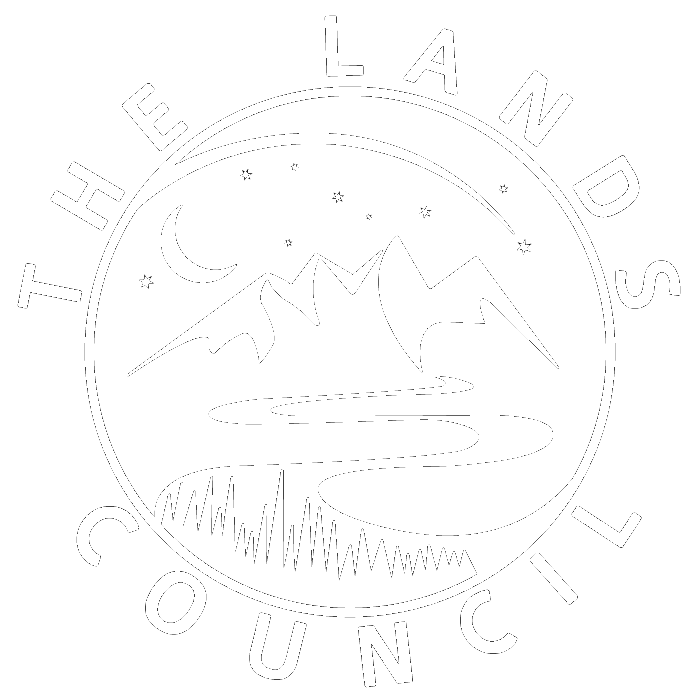Reducing water waste, conserving water, and protecting our aquifer are all very important to preserve your Spokane River. Did you know that Spokane County residents, on average, use more water than 98% of the country?
Inadvertent PCB's
By Mike Petersen
The Lands Council has just embarked on a new strategy to reduce PCB’s (polychlorinated biphenyls) in the Spokane River! With the support of the Spokane River Regional Toxics Task Force, we are starting a national campaign to reduce PCB’s contained in newsprint ink, paint, and other products.
Op-Ed: Hunters and Outdoor Enthusiasts Can Coexist
Help Kids Spend Their Winter Outdoors with TLC
Speak Up for Washington's Environment
By Laura Ackerman
This coming legislative session will be unlike any other. As the first all-remote legislative session, communication between constituents and their legislators will be both more accessible and more challenging. It's important for us to let our legislators know that a healthy climate, clean water and environmental justice are key to the kind of pandemic recovery and economic rebuilding we need to see in Washington state.
Kiss the Ground Movie
Washington Can't Wait on Climate Change & Affordable Housing
Maia and Maggie love Spokane, especially the beautiful, natural environment and the numerous opportunities for outdoor recreation. Because they are both committed to protecting the environment, they love working with The Lands Council. They plant trees, restore riparian habitats, and educate others about the region's ecosystems. As Spokane and the surrounding region’s population grows, Maggie and Maia believe bold action is needed to address environmental injustice, housing, and climate change.
Fossil Fuel News - January 2021
Thoughts From Our Executive Director | January 2021
The Lands Council Challenges Wolf Delisting
On October 29, 2020, the Trump administration announced its decision to prematurely remove endangered species protections for wolves in the lower 48 states, in violation of the Endangered Species Act (ESA). The most recent data from the U.S. Fish and Wildlife Service (Service) and its state partners show an estimated 4,400 wolves inhabit the western Great Lakes states, but only 108 wolves in Washington State, 158 in Oregon, and a scant 15 in California. These numbers lay the groundwork for a legal challenge planned by The Lands Council and a coalition of Western conservation groups.











